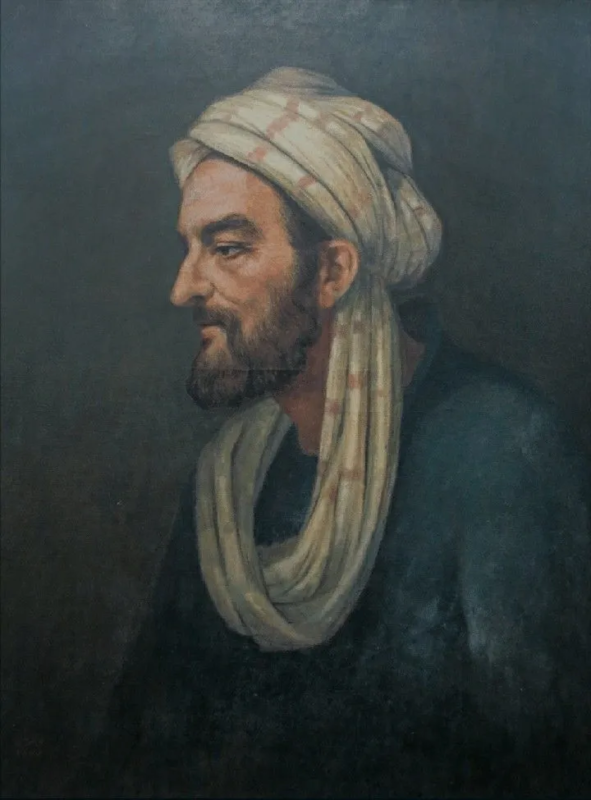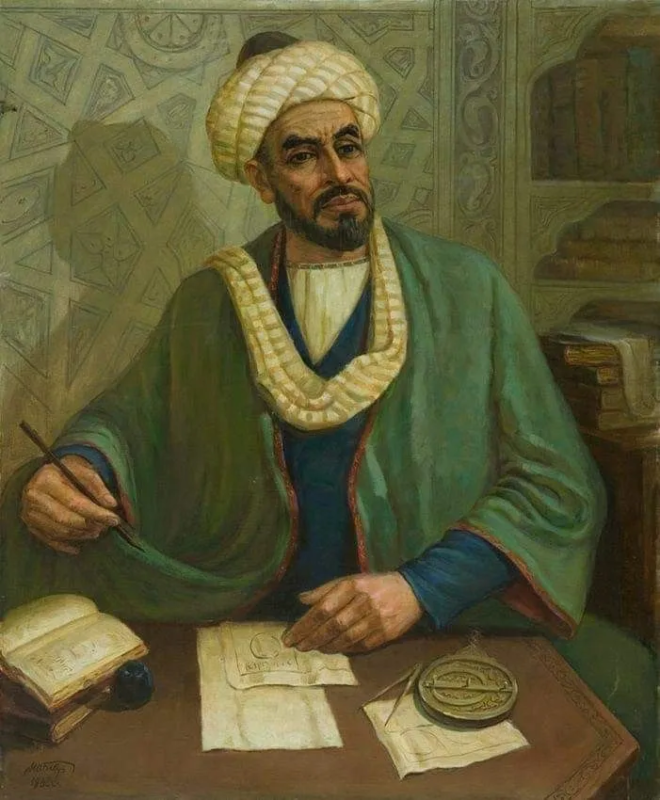
Introduction
Scholars who preserved the teachings of the Qur’an and Sunnah for future generations have made significant contributions to Islamic history. Imam Malik ibn Anas (رحمه الله), a towering figure renowned for his profound knowledge, sincerity, and unshakable adherence to the Sunnah of the Prophet Muhammad ﷺ, is one of these remarkable individuals. He is frequently referred to as the “Imam of Madinah” and is the founder of the Maliki madhhab, one of the four main schools of Sunni Islamic law.
Early Life and Background
Imam Malik was born in the holy city of Madinah in 93 AH (711 CE), and he lived there all of his life. Being raised in the city of the Prophet ﷺ gave him direct access to the most reliable sources of Islamic knowledge because Madinah was home to many scholars, Tabi’een (followers of the Sahabah), and their students. Imam Malik had a strong interest in religious education from an early age and studied under over 900 teachers, many of whom were direct students of the Sahabah. His primary areas of study were Hadith (the sayings and deeds of the Prophet ﷺ) and Fiqh (Islamic jurisprudence).

His Character and Wisdom
Imam Malik was renowned for his piety, patience, and humility in addition to his intellect. When recounting Hadith, he was exceedingly cautious. Out of great regard and reverence, he would frequently dress his finest clothing and conduct ghusl (ritual cleanliness) before recounting the words of the Prophet ﷺ.
“Knowing the Hadith is a religion, so look from whom you take your religion,” he once remarked.
His stringent requirements for accepting narratives and his focus on authenticity are shown in this remark.
His Famous Book: Al-Muwatta
Imam Malik’s compilation, Al-Muwatta, is regarded as one of his most significant contributions to Islam. One of the oldest and most reputable compilations of Hadith and legal decisions is this book. In addition to Hadith, it also contains the customs of the Madinah community, the Sahabah’s viewpoints, and Tabi’een’s verdicts.
Al-Muwatta continues to be extensively researched today and is revered by academics and knowledge seekers worldwide.

The Maliki School of Thought
The customs of the Madinah community are highly valued by the Maliki madhhab, which sees them as an accurate representation of the Sunnah. This school mostly spread in Sudan, North and West Africa, and portions of the Arabian Peninsula. Throughout Islamic history, Imam Malik’s school was highly recognized and appreciated for its pragmatic and well-rounded approach.
Legacy and Passing
Imam Malik was buried in Jannat al-Baqi, the well-known cemetery close to the Prophet’s Mosque, after passing away in Madinah in 179 AH (795 CE). Muslims are still enlightened by his wisdom and legacy, and his name is honored and loved.

Conclusion
A wonderful example of what it means to be a true scholar of Islam, Imam Malik ibn Anas was modest, truthful, and committed to upholding the truth. He left behind a rich legacy that now serves as a guidance for the Ummah through his writings, teachings, and life. His tale serves as a reminder that profound understanding can have a long-lasting effect on the world when paired with sincerity and adherence to the Sunnah.


